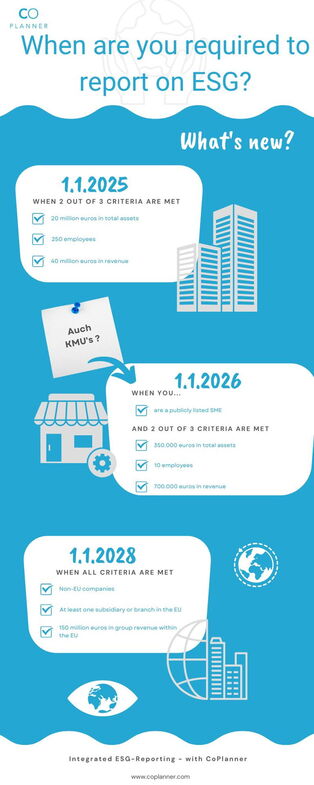The aim of ESG scoring is to evaluate organizations according to their ESG activities. The ESG score is comparable to the creditworthiness of a person or a company. Banks check the extent to which a person or company can service a loan and what risks are involved. This is also the case with the ESG score: it shows whether and to what extent a company can comply with the three dimensions of sustainability, where its opportunities and risks lie.
Data that makes the difference
ESG reporting software - fast and efficient creation
Because knowledge is power




